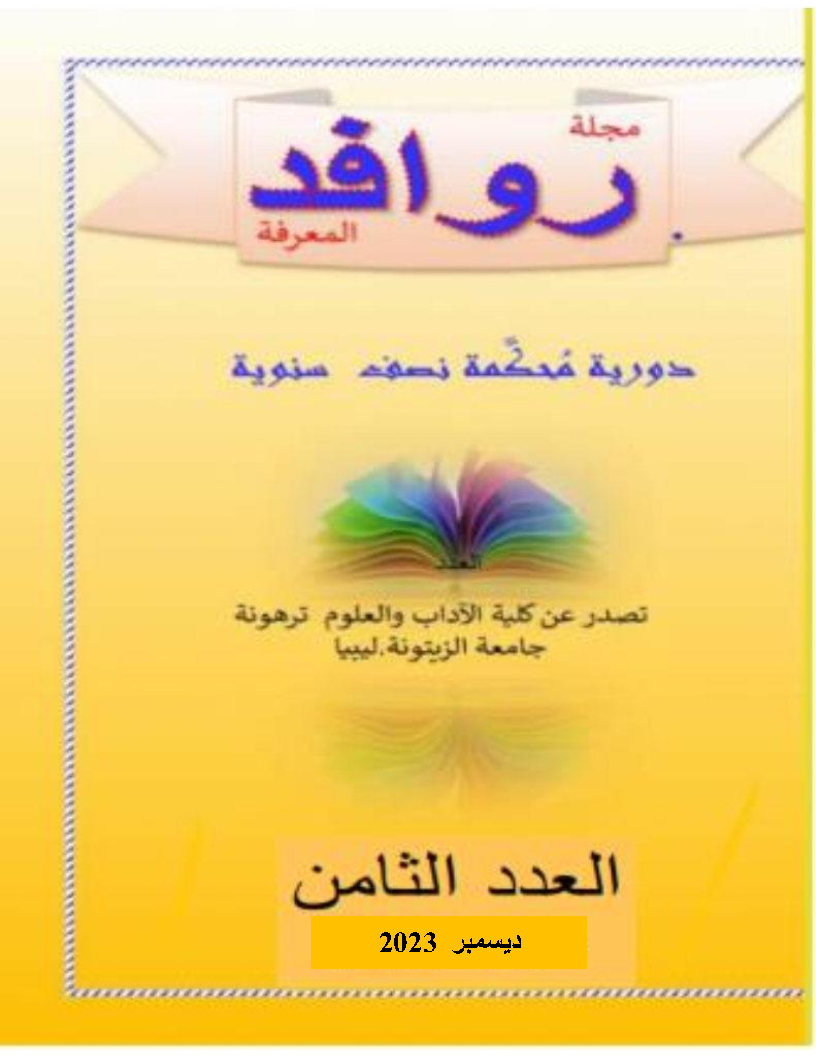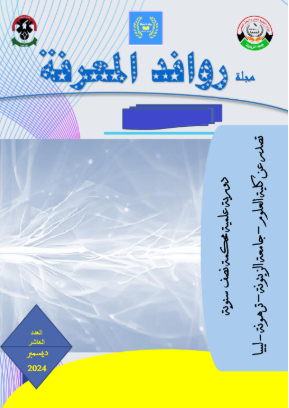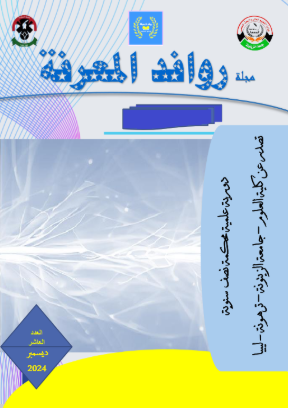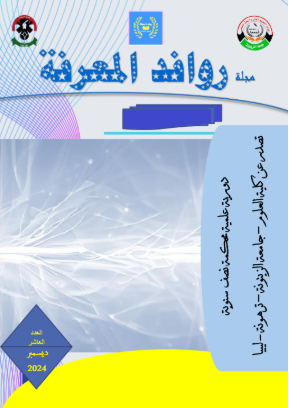رثاء الأبطال في الأدب العربي قبل الإسلام

Elegy is considered an important theme in pre-Islamic Arabic poetry, and it is a vast realm filled with various subjects. Elegy is not limited to weeping, lamentation, and sorrow; it also encompasses pride, enthusiasm, threats, curses, description, and wisdom. There is no other topic in Arabic poetry that rivals elegy in its multitude of subjects, its evolving directions, and the extension of its purposes, to the point where we can almost sense an epic spirit and dramatic variety within it. This is not surprising for the art of elegy, as the greatest Arabic and foreign epics were fundamentally elegies composed for devastated cities and fallen heroes, addressing the concept of death imposed on humanity and all creatures. There are various types of elegy, including the elegy for cities, as done by Abu Yaqub al-Khuraimi when he lamented Baghdad, the elegy for a wife, as Jareer did when his wife Umm Harza passed away, and the elegy for parents, among these types is the elegy for heroes.
Copyright (c) 2023 Rawafed Almarefa Journal for Natural and Applied Sciences

This work is licensed under a Creative Commons Attribution-NonCommercial-NoDerivatives 4.0 International License.
All articles published in Rawafed Almarefa Journal for Natural and Applied Sciences are licensed under the Creative Commons Attribution-NonCommercial-NoDerivatives 4.0 International License (CC BY-NC-ND 4.0).
This license allows others to download and share the published work provided they credit the journal and the authors, but they may not change the content in any way or use it commercially.
The copyright for published articles remains jointly held by the journal and the author(s).
For more information, please visit:
https://creativecommons.org/licenses/by-nc-nd/4.0/










